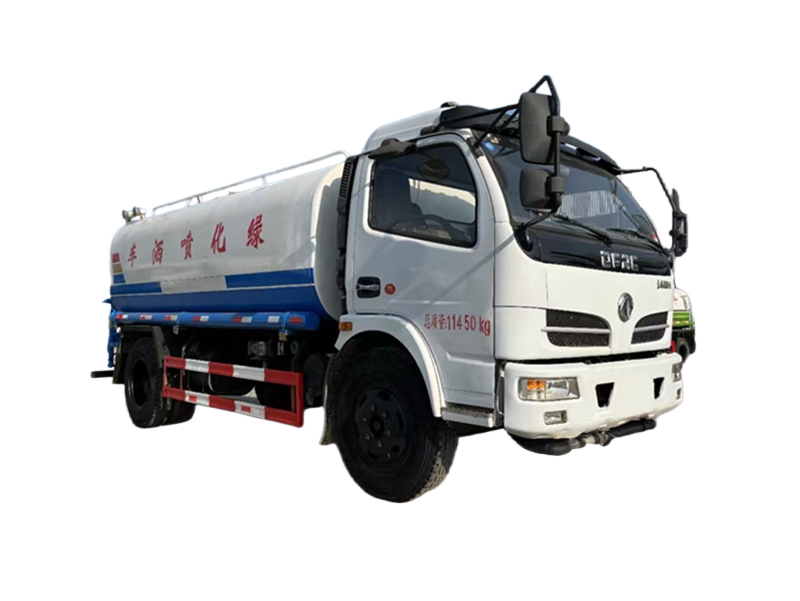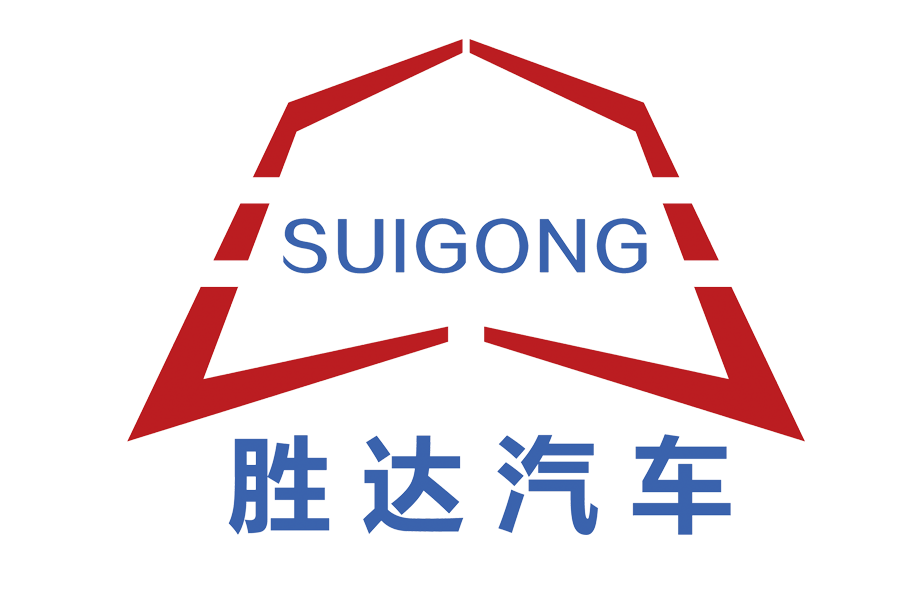Community-Led Scheduling for Local Needs
Cities are increasingly involving residents in shaping sprinkler truck operations to better meet local needs. In Portland, Oregon, a community advisory board composed of residents, business owners, and environmentalists works with the city to set sprinkler schedules. The board prioritizes areas with high pedestrian activity, such as school zones and park trails, ensuring resources are allocated where they have the most impact.
In Mumbai, India, a mobile app allows residents to vote on which neighborhoods should receive extra sprinkler attention during heatwaves or dust storms. The city then adjusts its routes based on the votes, ensuring a democratic approach to resource distribution. “This gives residents a voice in how their tax dollars are used for urban services,” says a Mumbai civic official.

Challenges in Scaling Innovations
While many cities are embracing advanced sprinkler technologies, financial constraints remain a barrier for others. In Nairobi, Kenya, budget limitations mean that the city’s sprinkler fleet is unable to cover all residential areas, leading to uneven access to dust control and green space maintenance. Local NGOs are partnering with the city to secure funding for additional trucks and training programs for operators.
Another challenge is adapting to climate variability. In Sydney, Australia, erratic rainfall patterns have made it difficult to plan sprinkler schedules, leading to occasional over-watering or under-watering. To address this, the city is investing in weather forecasting tools that can predict rainfall with greater accuracy, allowing for more precise sprinkler operations.
Future Trends: Integration with Urban Systems
Experts predict that future sprinkler trucks will be fully integrated with other urban systems, such as public transit and waste management. In Singapore, trials are underway to coordinate sprinkler truck routes with garbage collection schedules, minimizing traffic disruptions and maximizing efficiency.
“Sprinkler trucks are evolving from standalone vehicles to part of a connected urban ecosystem,” says an urban planning researcher. “Their ability to adapt to community needs and work in harmony with other city services will be key to building sustainable, people-centered cities.”
As sprinkler trucks continue to take on new roles, they demonstrate how even the most familiar urban tools can be reimagined to address emerging challenges. By combining technology, community input, and innovative design, these vehicles are helping create cities that are quieter, more vibrant, and more responsive to the needs of their residents.

